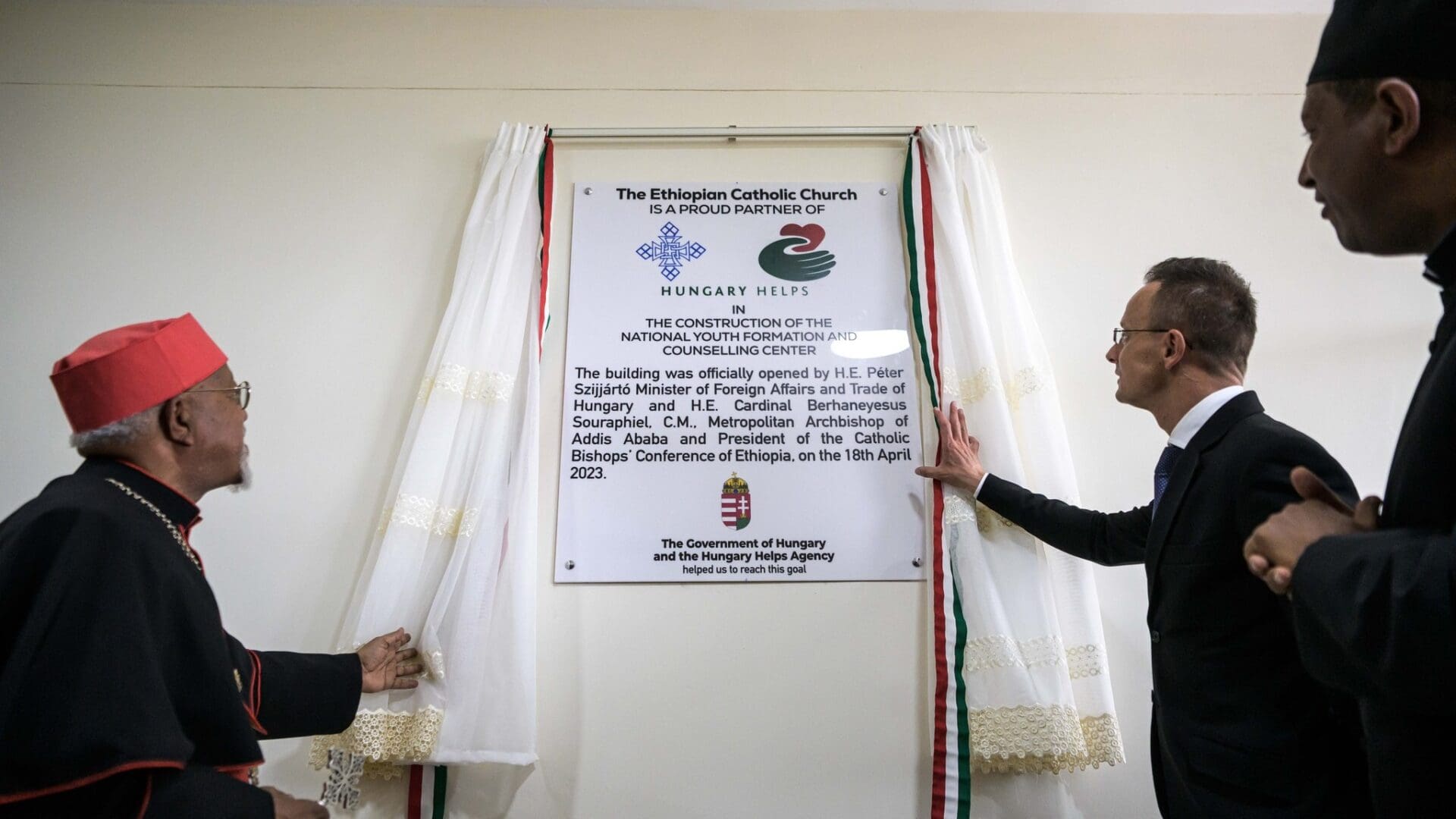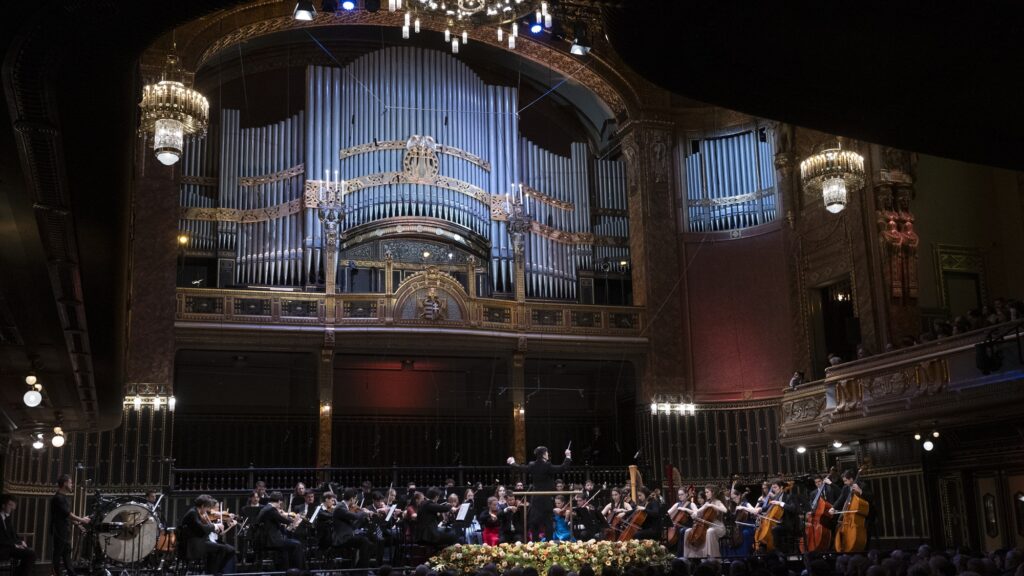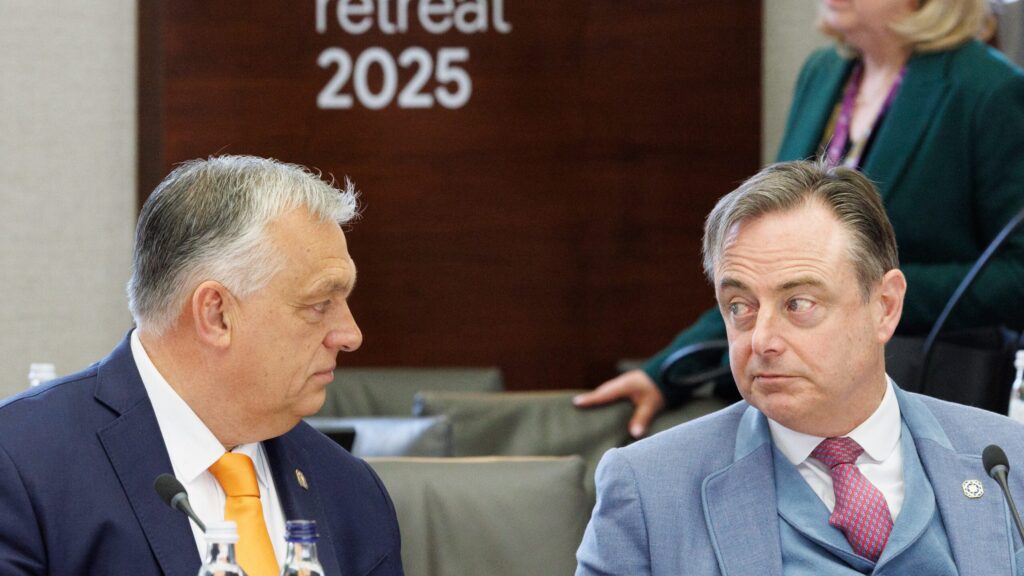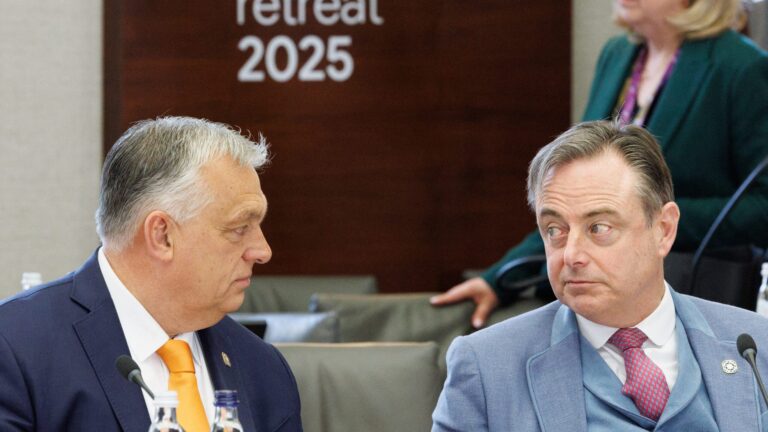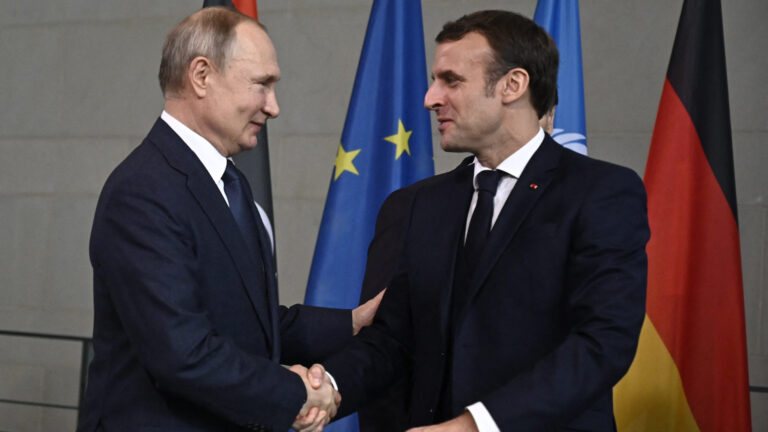A youth counselling centre that helps young people to stay in and return to their homeland has been inaugurated in Ethiopia. Hungary has provided 160 million forints of support for its construction, Minister of Foreign Affairs and Trade Péter Szijjártó announced on Tuesday in Addis Ababa.
According to a statement from the Ministry of Foreign Affairs and Trade, the minister emphasised in his speech at the inauguration ceremony that the centre provides programmes for disadvantaged young people who want to leave their country, or supports them in staying in their homeland, while also providing opportunities for those who have already left abroad to return home. The Hungarian government provided approximately HUF 160 million in support to the Ethiopian Catholic Church for the project, and in the first phase, training and other programmes will be made available to fifty young people—he stressed.
The minister underscored the importance of supporting local communities so that they can remain in or return to ‘their homeland of hundreds of years or more’. ‘Our basic principle is that help should be taken where it is needed, rather than bringing problems where there aren’t any yet,’ he said. Péter Szijjártó emphasised that Europe has recently faced strong migration pressure, which poses serious security challenges for migrants’ countries of origin, and also for transit and destination countries alike
He stated that migration should not be encouraged, but prevented, and conditions should be created that allow people in difficult situations to stay in their homeland. Hungary is doing just that through various programmes in about fifty countries around the world, mostly in Africa, and the country is ready to finance these in the future, he added. The minister then said that as a nation with more than a thousand years of Christian heritage, Hungary feels responsible for every Christian, and currently Christianity is the most persecuted religion in the world.
He also pointed out that last year about 360 million Christians were subjected to persecution, oppression, or discrimination, and there are twenty-six countries in Africa alone where these communities are in danger, but fortunately not in Ethiopia. He said it was frustrating that this issue was not getting the attention it needed, while Muslim countries are putting significant emphasis on fighting Islamophobia and supporting Muslim communities.
This, he added, raised the question as to why the governments of Christian countries ‘are not brave enough’ to display a similarly firm stance, saying that many took a ‘hypocritical and unreasonable’ position on the issue. He also reported that although Hungary and Ethiopia are thousands of kilometres apart, a strong bond ties the two countries together: Christianity. He emphasised that the Hungarian constitution and anthem both begin with the same sentence: ‘God, bless the Hungarians.’ This, he said, says a lot about the nation, which has struggled for centuries for sovereignty, freedom, and the preservation of Christianity in Hungary and Europe. Finally, he also pointed out that Christianity has become a social structure in Hungary, based on human dignity, respect for the family, patriotism, and the extremely fruitful cooperation between the state and the church.
Cardinal Berhaneyesus Demerew Souraphiel, Archbishop of Addis Ababa, said Ethiopia and Hungary had both preserved their Christian values, making them similar in many ways.
He thanked Hungary for taking on a proactive role in the protection of Christians worldwide, saying it was not common for a government to treat the religious freedom of persecuted Christians as a priority in such a way. This initiative would deserve attention from other European countries, too, he added.

